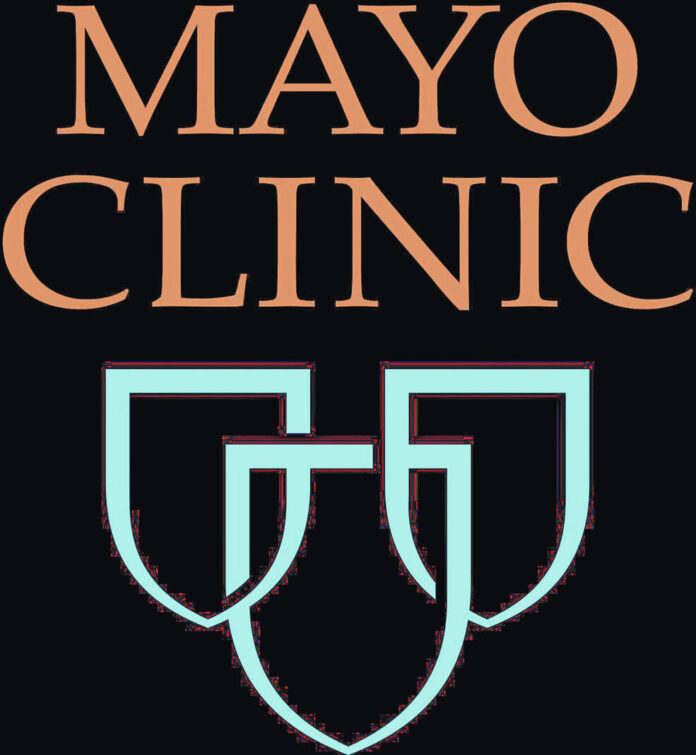Gastroesophageal reflux disease (GERD) is one of the most common digestive disorders in the world.
It happens when acid comes up from the stomach, which is acid-resistant, into the esophagus, which is less acid-resistant.
Dr. James East, a gastroenterologist at Mayo Clinic Healthcare in London, says GERD may be common, but there can be potentially severe complications if it’s ongoing and left untreated.
Heartburn is the cardinal symptom of GERD.
“GERD, gastroesophageal reflux disease, is when you get acid and chemical damage to the lining of the esophagus,” says Dr. East.
You might feel a lump in the throat, have difficulty swallowing, have chest pain, a cough, or have worsening asthma-type symptoms.
But if it’s persistent and heals, the lining of the esophagus can change to a more acid-resistant form, which is Barrett’s esophagus.
There are innovative treatments for GERD and medications, like proton pump inhibitors. But first, avoid triggers, like coffee, alcohol and smoking.







